Have an incredible holiday in Asia, but don’t make animals pay
13 December 2016
Asia has much to offer when it comes to a Christmas getaway, but tourists must be aware of their actions if they are to avoid unwittingly funding animal cruelty.
From Indonesia and Thailand to Vietnam and China, Asia’s beauty is beyond question. This Christmas, thousands of tourists will holiday there and many will have the holiday of a lifetime.
Yet sadly, the actions of some, will cause unnecessary suffering to animals such as tigers and elephants.
It is never “just a selfie”
Tigers are incredible animals. Their majesty is beyond question and tiger cubs are cuter than any teddy bear. So we can all understand why people enjoy having their picture taken with these exceptional animals.
These shots, popular in Thailand and China, take just a few seconds, but the animals themselves pay a life-long price.
Tiger cubs used as photo props are taken from their parents far too young. Just when they should be feeding and forging familial bonds, they are snatched. If taken from the wild, the cub’s parents will doubtless be killed in the process.
Instead of sleeping or playing with siblings, the cubs must “perform”. They are kept awake and unable to rest. It’s tiring, especially for such preciously young creatures. But an alert tiger cub is considered cuter than a sleepy one, meaning many are roughly handled to ensure they have big cute eyes for that all-important selfie.
For adult tigers, the process is no better. As an apex predator, tigers are incredibly dangerous wild animals. In order to be made docile and safe for the camera, these animals have their spirits broken, and their teeth and claws removed. There are even claims that adult tigers are drugged for the photoshoots.
And when the tourists have all gone home and forgotten about their innocent tiger selfie, for the animals the suffering continues.
They don’t return to their natural environment as the tourists do. They return to barren cages, without enrichment, without space to run, without any opportunity to express their natural instincts and be the majestic animals they were born to be. When wild animals such as tigers are involved, it’s never just a selfie.
Elephant “shelters” are working the animals to death
For holiday-makers in Thailand’s Chiangmai, or Vietnam’s Buon Ma Thuot, elephant rides may seem to be all part of the fun and adventure.
But many tourists innocently paying for such experiences at so-called “elephant shelters”, have no idea of the true cost.
Elephant “shelters” usually aren’t as innocent as the name suggests. The animals’ welfare is not the primary concern – tourists dollars take priority.

Before an elephant begins to carry tourists, it must first undergo a process known as “phajaan”. This Thai word literally means “to crush”.
Young elephants are taken from their mothers, and trapped in small wooden cages the size of their bodies. They are chained and beaten for as long as it takes to “crush” their will and render them docile enough to follow human commands.
When the tourists arrive, their shift begins. Bullhooks are used to strike and hook the ears or flanks and make sure the huge animals follow commands.
When the tourists are gone and the elephants are finally allowed to rest from trekking in scorching temperatures, they often do so alone, kept in barren cages without the companionship and social interactions they so desperately need.
In the last few years newspapers have reported elephants dying of exhaustion in Vietnam and Cambodia. These mighty animals are literally worked to death.

Research, be responsible, have an amazing time
We know that most people riding elephants or taking a selfie with a wild animal aren’t cruel people. They would never dream of knowingly inflicting such suffering on these beautiful animals.
But we cannot let ignorance continue to cause so much pain.
Before your trip of a lifetime, get the facts. Research any so-called “sanctuary” carefully – Thailand’s Boon Lotte Elephant Sanctuary is held in high regard. If the animals are being ridden, the chances are the welfare of the animals is not the top priority.
Other common pitfalls:
Weasel coffee
So-called "weasel coffee" is advertised for sale in many cafes in city tourist areas. In reality the product is more likely produced from civet cats.
While the coffee has become fashionable in many European countries it is a product of animal cruelty.
Civets are fed a completely unsuitable diet almost entirely of coffee beans while being held in tiny cages. You of course would be drinking their ground up faeces.
Snake village
Despite what gap year travel blogs, irresponsible celebrity chefs and cult films like The Beach may tell you, a visit to Hanoi’s "snake village" is far from an integral part of a trip to Vietnam.
It's impossible to verify where the snakes sold in Hanoi’s Le Mat village are sourced but the restaurants have a bad reputation for also providing at-risk species for customers.
The animals are cruelly killed and consuming their bile is far from healthy. Wildlife trafficking, animal cruelty and health risks, probably not the holiday experience you were looking for.
Animals in cages
If a hotel, shop, bar or tourist attraction has a caged animal, vote with your feet and go somewhere else. Every dollar spent at place like this is a vote for the business practise.
Animal performance
No animal was born to perform, but many do at circuses around Asia. These animals are often sourced from the wild and suffer serious abuse in order to perform unnatural tricks. When the last person stops watching, this cruelty stops.
Blackfish Asia
While the movie Blackfish has struck a death blow for aquariums in the west, the industry is just finding its feet in Asia. In China, the number of aquariums and dolphinariums has grown exponentially and other countries in the region are following the bad example.
Captivity is completely unsuitable for dolphins and killer whales who roam vast distances in the wild. To see them in a swimming pool is heartbreaking, don’t fund the cruelty.
BACK
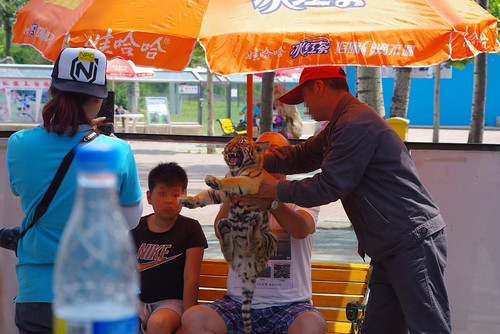
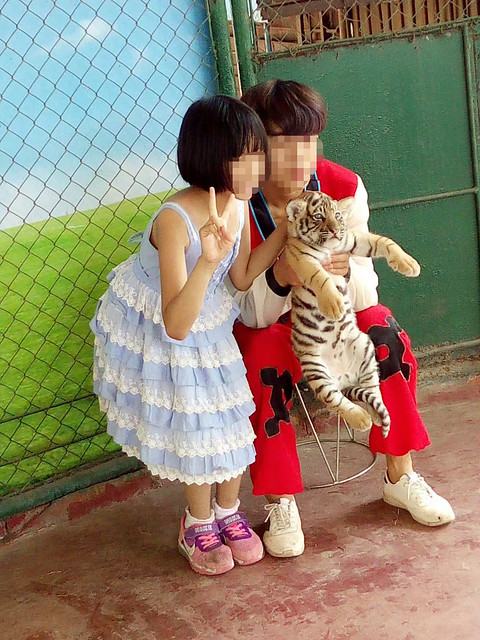
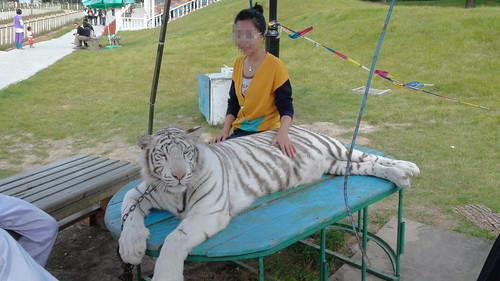
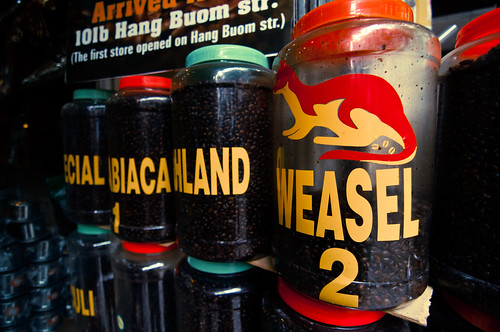
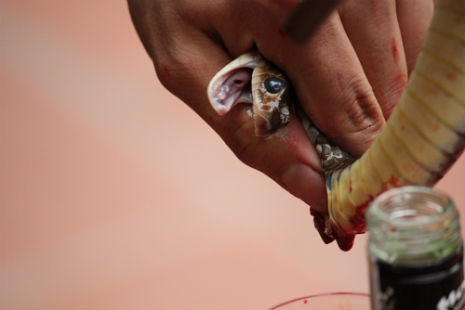

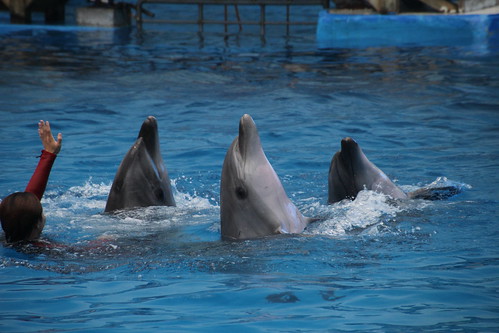




 Freedom after two decades: Moon bears Nang and Mua rescued
Freedom after two decades: Moon bears Nang and Mua rescued
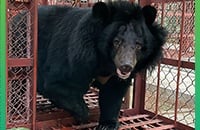 With heavy hearts we say goodbye to our beloved Tulip
With heavy hearts we say goodbye to our beloved Tulip
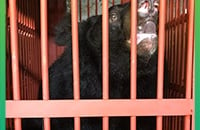 Three moon bears rescued from notorious bear bile farming hotspots in Vietnam
Three moon bears rescued from notorious bear bile farming hotspots in Vietnam